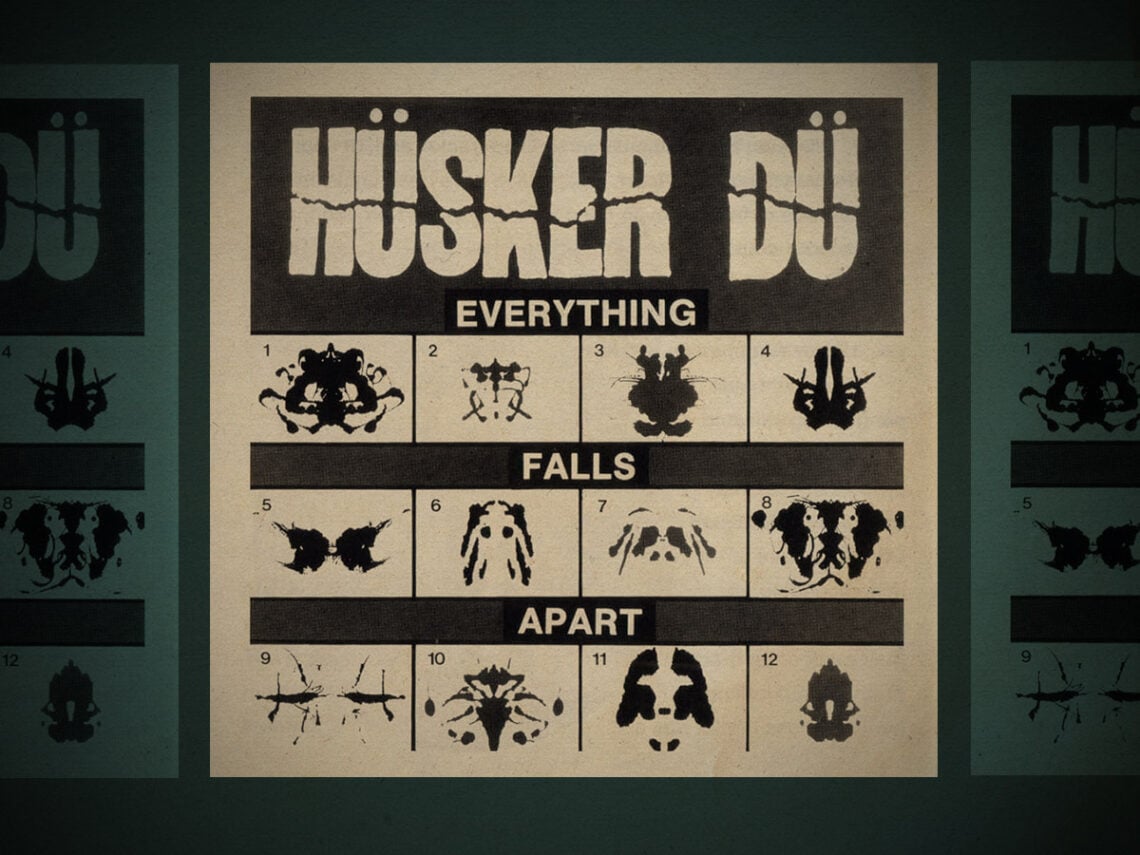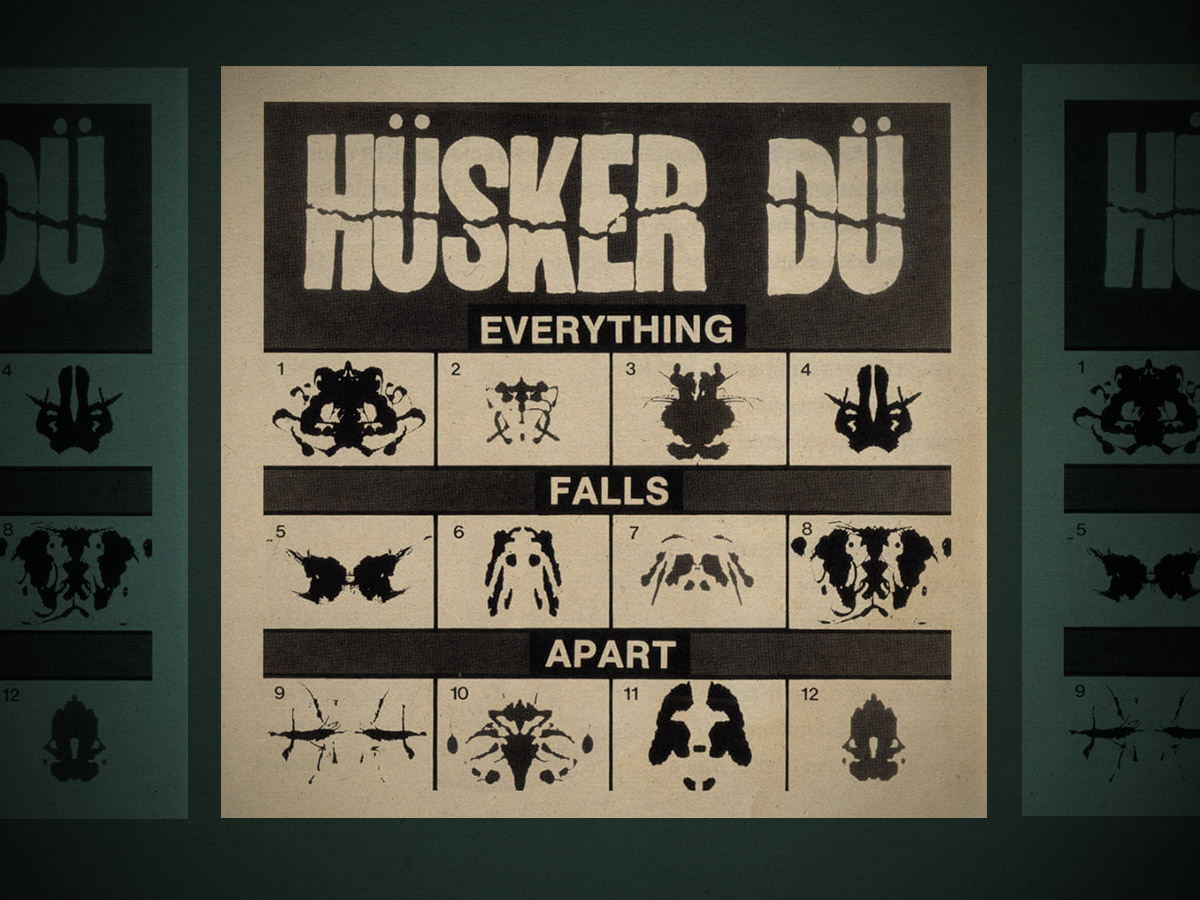
(Credits: Far Out / Album Cover)
Fri 10 October 2025 4:00, UK
It would have been a surprise for latecomers to Minnesota’s Hüsker Dü that the trio’s background was in furiously ripped hardcore punk.
By 1987’s parting Warehouse: Songs and Stories record, Hüsker Dü were lumped in with the likes of The Replacements or REM on the cusp of their global stardom, winning an indie pedigree with their rich melodic jangle and standing as a perennial favourite of college rock radio. Centred on the dual frontman and writing chops of guitarist Bob Mould and drummer Grant Hart, plus anchored with Greg Norton’s aggressive bass, Hüsker Dü’s emotionally raw and expressive lyrical attack would have found their niche in the grunge explosion that followed shortly after.
Yet, the trio disbanded in 1988, leaving behind a lauded body of work in the alternative underground. Mould would ride the Seattle wave with his Sugar successor band’s Copper Blue in 1992 and win much critical acclaim, but the Hüsker Dü story was over, the closest fans got to a snifter of a reunion being Mould and Hart’s benefit gig in 2004, and brief teaming for compilations and merchandising agreements. With Hart dying in 2017, any faint hopes of a live show were dashed for good.
Working one’s way back across their discography, each Hüsker Dü LP retreats deeper into a more jagged and explosive blast of punk packed with a wider dynamism than was typical of the decade’s hardcore scene. For 1984’s Zen Arcade, the trio even attempts to score a conceptual narrative in the vein of The Who at their most rock opera, detailing the fabled arc of a boy who seeks to escape his broken home only to find a lack of answers in the real world.
Heady stuff which eschewed some of the punk trappings that had at times bludgeoned creative expressivity during punk’s silver age. Reaching back to their debut album the previous year, Everything Falls Apart’s title track flashes a lyrical combustion that seemingly offers little in the way of meaning but pangs with a familiarity deep in the somatic gut: “I got nothing to do / You got nothing to say / Everything is so fucked up / I guess it’s natural that way / Everything falls apart”.
Mould offered less clarity when asked by journalist Richard ‘Jake’ Dyer at the time. Speaking on his Texan zine Cretin Bull after a show in Austin, Dyer probed what exactly was being expressed on ‘Everything Falls Apart’. “That’s your pop/anarchy song,” Mould quipped. “I dunno; you just listen to the words…it’s like the words get all switched around. If I listened to everything that people said or if I did everything everybody else did, you know, it’d be shit”.
It’s hard to glean precisely what Mould’s reaching for with his “pop/anarchy” number, but perhaps ‘Everything Falls Apart’s whirlwind of fractured relationships and atomised alienation posits that life’s brittle fragility is so surefire that it’s better to make mistakes and lapse into failure on your own terms rather than be wrought by the actions or trends of others.
A path that rings just as true today amid the contemporary media and political noise, Hüsker Dü’s ‘Everything Falls Apart’ captures a slice of universal wisdom amid its infectious ignition of hardcore irrelevance, whether they realised it or not.
Related Topics

